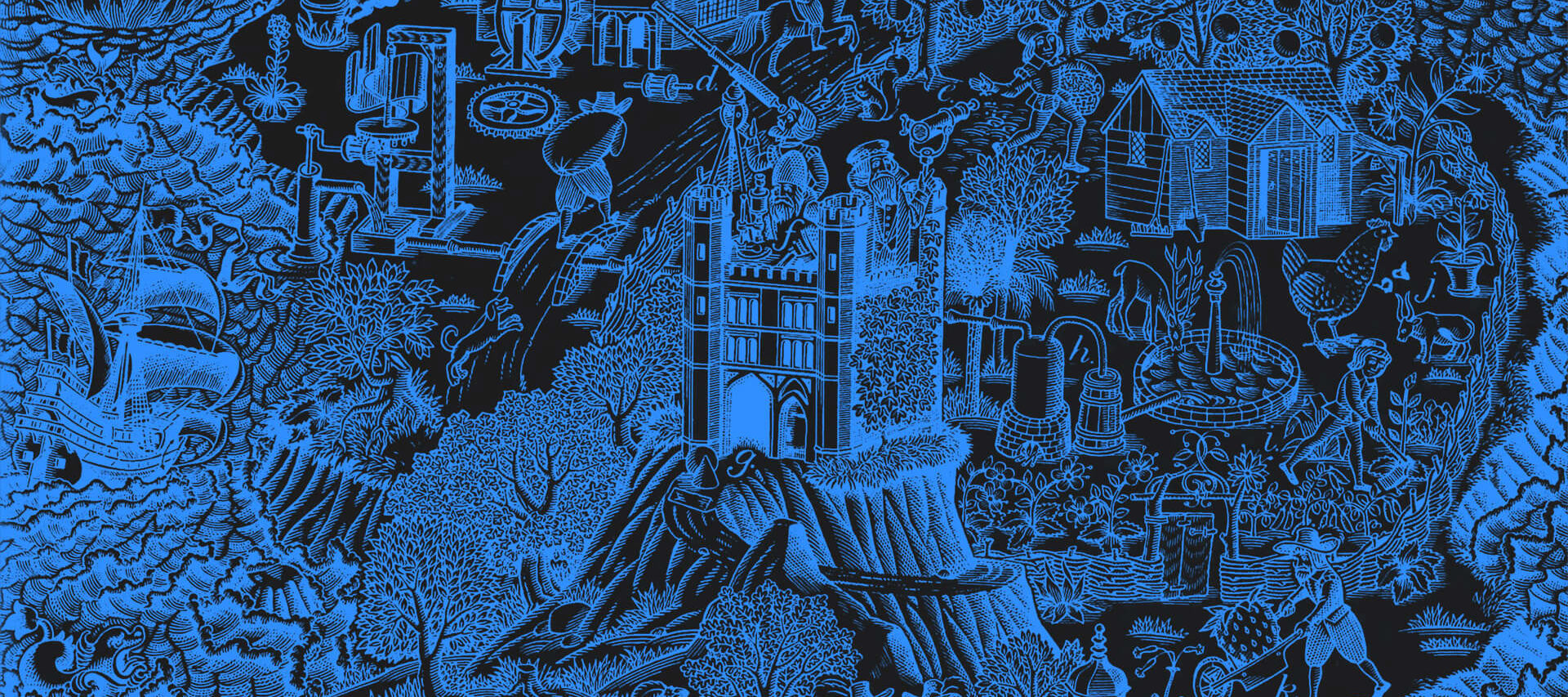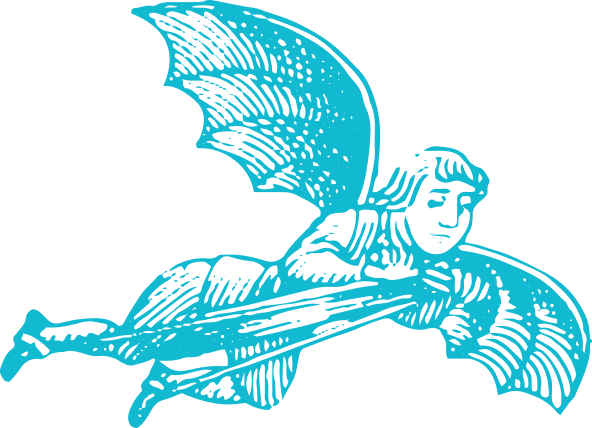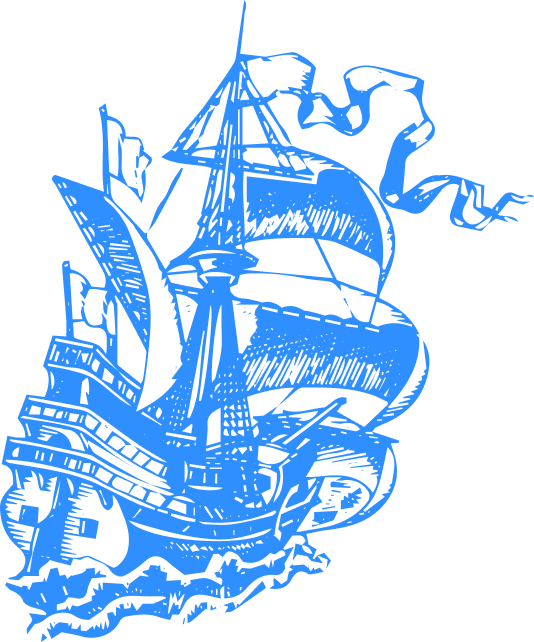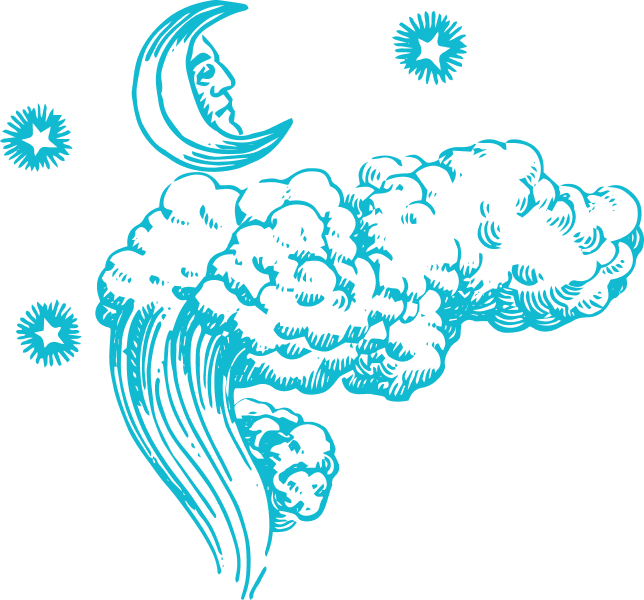

For years we have heard warnings about the “politicization of science” and the need to “restore science to its rightful place.” Likewise, we hear that more and more politicians and members of the public are “anti-science.”

This is a way of talking about science as a monolithic body that issues in unitary conclusions about what actions we should take — as if we could gaze deep into the fabric of the cosmos and find the answer to whether our society should solve climate change by adopting a carbon tax, converting our electricity grid to nuclear power, or relinquishing fossil fuels…. Read more

When we talk today about “bioethics” and “medical ethics,” our culture uses the terms in a narrow way. Often they bring to mind logic puzzles raised by unusual scenarios and thought experiments: If a building were on fire, whom would you rescue? Or they bring to mind questions of personal preference and professional conduct: We talk about how doctors should help us select our children’s traits in the same register in which we talk about how they should help us select the diet plan that best expresses our values. Questions about what biotechnological power is, what it means and what it is for, wind up as technical questions about patient autonomy, informed consent, and disparate impact.
In asking these questions, we easily miss a temptation that lies deep within the heart of modern medical science: to go beyond healing the sick, toward overcoming our essential dependency, our mortality, our imperfection…. Read more
Nature, we have been told, is indifferent toward us. Its fundamental structure as we know it through physics and biology puts to shame our most cherished intuitions about our place in the universe and the meaning of life. Life itself is best understood inertly, physically, mathematically, on the level of information, genetic codes, and evolutionary forces — remote from colloquial notions about the happiness of the chaffinch or the ingenuity of the otter. Science, conceived in this way, is a kind of myth-busting, a project of eroding our folk mythologies about nature and ourselves, of busting anthropocentrism and anthropomorphism. It is a method for getting ourselves out of the picture and seeing nature itself.

The primatologist Jane Goodall seemed to think otherwise. When she gave the wild chimpanzees she observed names like David Greybeard, Freud, and Frodo, she opposed the scientific convention of merely numbering animals as a way of securing the researcher’s objectivity. While academic scientists frowned upon her talking about the chimps’ distinct personalities, their mental activities, and emotions, to her this was simply a natural way of relating to the animals and of describing what she saw…. Read more
We have all heard the story: Once upon a time, humanity believed itself at the center of a universe made for its benefit — until Copernicus and Darwin set us straight. Yet just as humanity was being demoted, it also discovered a dizzying new power in the act of demoting. Following from a radical lowering of humanity’s view of its own importance came a radical new optimism in its powers of reason. The ritual abasement inaugurated by scientific discovery was in turn to be meliorated by scientific power. Our uplift would come first from the ennoblement of scientific pursuit, and finally from the technological quest to remake the cosmos to fulfill our desires, to attenuate our miseries and mortality.

A core task of The New Atlantis is to recognize that what are often described in our culture as debates about science and technology are really proxies for battles over this origin story of modernity — the story of the benighted ancient and medieval worlds giving way to the Scientific Revolution and the Age of Reason. Whether we find foods made from genetically modified plants and animals to be a triumph for material prosperity, or instead a dangerous bid for rational control over a natural world from which we have perversely alienated ourselves, has much more to do with our orientation to the modern project than with some neutral reading of safety studies. Likewise, when Neil deGrasse Tyson gleefully informs us that he has “no doubt” that between any two scientific discoveries, the one that says that humans are less significant is more likely the right one, we can reasonably assume this is not based on a systematic evaluation of p-values from the latest issues of Nature. Often our culture would be better served if we could discuss our frustrations with and hopes for the modern project more directly, without the scientific subterfuge…. Read more
The novelist Walker Percy writes of a person who, deep in malaise, receives a diagnosis from a psychotherapist. That the diagnosis will meet with sadness, even fear, is obvious enough. But what is harder to see is that it may also meet with a quizzical sense of relief, even satisfaction. Buried beneath Oh, no… is At last! The depressive can now call herself a patient, a journeyer on a recognizable path of suffering, and the therapist her spirit-guide.

If Percy risks being a shade too sly about mental illness, in his insight we may recognize something of how our culture talks about “tech” today. I can’t seem to get off my phone in the evenings, a friend muses at a party. Ah, yes, one replies with a knowing nod, Did you see the new study on how social media is optimized to hijack our brains’ reward system? Did you know that Steve Jobs didn’t let his own children use iPads? Like the patient, we feel affirmed in our sense of suffering from tech anxiety, while casting about for Silicon Valley gurus to help us cope…. Read more
What started as a hushed melody has become a loud refrain: The mind is a computer, we are chemical machines, our deepest beliefs are the arbitrary results of contingent evolutionary history. These are modern science’s latest demotions of humanity. What we see, how we love, who we are — all are no more than byproducts of our brains. Maybe consciousness is even just an illusion.

The New Atlantis has long been a home for writers who push back against the exuberance of scientism and seek to cordon off for ourselves a realm uniquely available to human experience that science does not, and cannot, venture into. A physicist’s explanation of time in terms of the laws of thermodynamics, his insistence that nature recognizes no difference between past and future, is on the other side of a bright line from our own inner sense that time, like sand between our fingers, is running out for each of us — and never the twain shall meet. However sophisticated may be our explanations of love by neurotransmitters and brain scans, still “thou art more lovely.” There is a nobility in the struggle to join the poet in expressing what is uniquely ours — our inner sense of the world, my “I” that has a “thou” — against the attempts of the neuroscientist and the evolutionary psychologist to explain it all away, of the philosopher gleefully throwing consciousness and free will into the dustbin of history, and of a culture so enthralled by the trope of “actually” that it credulously surrenders…. Read more
Points of light with black between
Hang like a painted scene
Motionless, no nearer there
Than on Earth, everywhere
Equidistant from our ship.
Heaven has given us the slip.
Hush, be still. Outer space
Is a concept, not a place.
Try no more. Where we are
Never can be sky or star.
From prison, in a prison, we fly;
There’s no way into the sky.
Whether to travel to other worlds is among the most vexing questions about technology of our day. There are so many more pressing problems at home — and by the same token so much reason to need an inspiring project for our world to take up.

The question is no longer, as it was for all but our very recent ancestors, whether it might be good in the abstract to go to space. Rather, it is a live choice, a choice of whether to seize or reject a specific opportunity before us. It is also, unavoidably, a choice of what kind of civilization we are to be, and of what we understand our purpose and our nature to be…. Read more
Our culture is beset by two untenable attitudes toward questions of conservation and climate change. One sees the planet’s problems as simply less important than our own, or not even real. It tells us, more or less, that there is nothing to see. The other is drenched in a despair that leads to loathing for the human presence on the planet, to paralysis over ever stopping the apparent end of the world. It tells us, in effect, that there is nothing left to do.

The New Atlantis aims to steer between these alternatives, toward the view that the natural world needs preserving, in part for its practical and aesthetic value to us, and in part for its intrinsic worth. But we believe that our species can do so best not by brooding penitentially on our transgressions but by harnessing our noblest abilities, and living lives distinctly ours. Taking better care means encouraging breakthroughs in technologies like clean energy and carbon capture that ameliorate the harmful side effects of intrinsically laudable human activity. It also means helping our politics break the stalemates on these issues by allowing for more fruitful conflict over them…. Read more
The popular story of science as always progressing can lead us to forget that science is a story at all. Science is a human activity, after all — a discipline and a practice. It has a sociology. It has cultures and cliques. It has its own ways of doing things, ones that are unwritten but as essential to its work as a dancer’s technique to his. Science is a continuous and never-ending process, not a settled and immutable body of knowledge. The pronouncements of public figures about “following the science” are commitments to something more, and less, than the spirit of inquiry that is the heart and soul of science.

Science is also a human activity, and as such it reflects all the foibles that flesh is heir to. We misrepresent it when we cast it, and when its practitioners cast it, as an inherently impersonal practice of accumulating certainty. Yes, science aspires to that standard of knowledge — and often achieves it. But the lived work of reaching that goal is rarely so detached. Rather than some fabled asceticism of which few of us are capable, we know many stories of great scientists who were driven forward by the force of sheer ambition or greed, the desire to achieve fame or vanquish a rival…. Read more